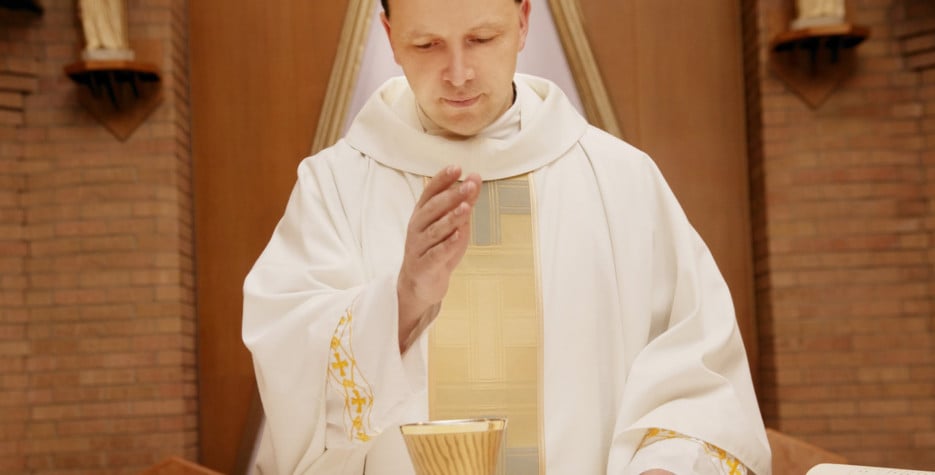When is General Prayer Day in Denmark?
Store Bededag, also known as Great Prayer Day or General Prayer Day, is a special Danish festival celebrated on the fourth Friday after Easter Sunday.
The earliest date it can fall on is 17 April and the latest is on 21 May.
Great Prayer Day is basically a collection of minor Christian holy days consolidated into one day.
Removal of the Holiday
People in Denmark will no longer get a public holiday for "Great Prayer Day" from 2024 after lawmakers passed a bill on scrapping it as a public holiday.
The move comes as Denmark's newly formed government seeks to implement reforms aimed at improving the country's welfare model, and as it tries to reach its NATO defence spending targets.
The controversial bill passed on Tuesday with 95 votes in favour in Denmark's 179-seat parliament following hours of debate.
Shops and other businesses as well as public institutions will remain open.
News: Denmark scraps General Prayer Day holiday to boost defence budget, Mar 2, 2023
At this stage, we are not aware that it will be removed as a public holiday in Greenland or the Faroe Islands.
History of Great Prayer Day
Unusually for a holiday, the source for Great Prayer can be traced to one man, Hans Bagger, who was a bishop in Roskilde in the late seventeenth century. Bagger had introduced some new praying and fasting days, but given the number of holy days in the calendar already, it became clear that all the days of praying and fasting were having an impact on daily life, so it was decided that several of the lesser holy days should be combined into one of Bagger's days, which became Great Prayer Day.
The Great Prayer Day was put on the Statute book by King Christian V in 1686.
Under the law, all trade, work, etc were forbidden from 6pm on the day before Great Prayer Day, to ensure that nobody would be late or drunk when they had to attend the next day's obligatory church service.
The bakers came up with the idea of baking some extra 'hvede' – cardamom-infused wheat buns with a generous spreading of butter on the Thursday which could then be heated up and eaten the following day. It gradually became common throughout the country to eat the hot buns, but nowadays on the evening before Great Prayer Day.
Work, games, gambling and other “worldly vanity” were also not allowed during the religious penitence. Today, while you can now indulge your "world vanity" on General Prayer Day, shops and most supermarkets will be closed, as well as non-essential public sector services.
In Copenhagen it has been common to go for a walk on Langelinie, on the ramparts around Christianshavn; a custom, which can be traced back to 1747 when Copenhagen Cathedral ‘Vor Frue Kirke’ (The Church of Our Lady) had a new carillon.
In recent times, the day has been characterised by celebrating confirmations – a very popular tradition that indicates a rite of passage to adulthood.
The day was heralded the previous evening by ringing the church bells.


